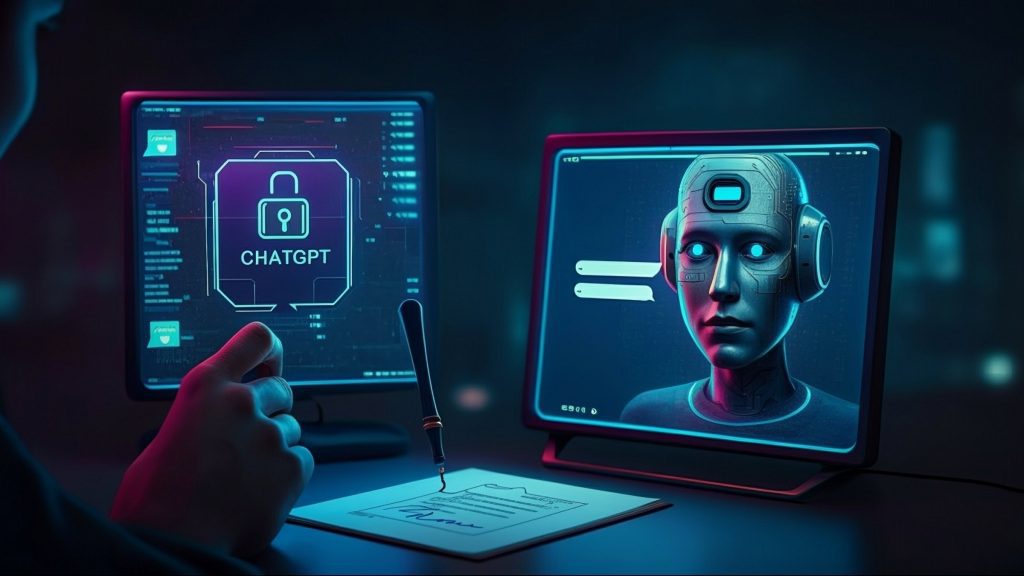
AI’s fleeting growth is reshaping industries, but it’s also fueling continuous experts’ discussions over copyright infringement and creative exploration, as calls for decentralized AI, commonly known as deAI, to gain momentum.
The momentum further fueled as companies like OpenAI face immense scrutiny for their heavy reliance on copyrighted material to train their large language models (LLMs).
The Real Problem Is that …
Nowadays, AI systems are controlled by major companies, like OpenAI, Google, Microsoft, and others, resulting in copyright infringement and exploitation of creative content issues to become more evident.
The debate is intensifying, but it seems that decentralized AI (deAI) is the solution, as these challenges have been recently acknowledged by OpenAI, during its legal battles with copyrighted material usage.
In a submission to the UK’s House of Lords communications and digital select committee, OpenAI revealed that it could not train large language models (LLM) like GPT-4, without access to copyrighted works, as reported by The Guardian.
And truthfully, it’s not just this problem as this issue is nothing but mere combination of OpenAI’s advanced technology and the position of its strategic partner, Microsoft. The Big Tech giant shares a 49% stake in OpenAI after investing approximately $14 billion in the AI giant in 2019.
It is worth noting that Microsoft is known for advocating robust copyright protection.
According to a CNBC report, Microsoft faces lawsuits from at least eight newspaper publishers accusing it of copyright infringement, alleging the giant’s use of their copyrighted content to train AI models, and going beyond the scope of “fair use.”
What Is Decentralized AI?
Decentralized AI, or deAI, is an alternative to the centralized systems that dominate the AI industry. AI decentralization supplies the development, deployment, and governance of AI across a global network, by exploiting blockchain and distributed ledger technology.
Decentralized AI projects approach gives transparency, and control, unlike centralized AI systems that are controlled by leading tech companies. In parallel, deAI comes when AI’s dependence on copyrighted material to train it started facing increased scrutiny.
The benefits of adapting decentralized AI companies, also fall under deAI offerings, such as:
- User control over personal data and transparent AI models training.
- Fair compensation, means ecosystems like Bittensor associated with Digital Currency Group, tokenizes contributions, rewarding users for providing resources, data, and expertise in AI development.
- Enhanced security and resilient AI systems against cyberattacks.
- Global Collaboration
- Community-driven governance, ensuring transparency in decision making
AI models like OpenAI’s GPT-4 rely on other’s creative works, and software, resulting in copyright infringement. While copyright law protects creative works, it excludes ideas or methods, allowing for “fair use,” a defense often cited by AI companies in training their models.
Creators argue their work is being used without proper compensation, sparking lawsuits from prominent figures like George R.R. Martin and The New York Times, highlighting the tension between innovation and intellectual property rights.
2025’s Decentralized AI Applications
AI decentralization could very well be a promising solution that will bring transparency and fair competition into the industry. DeAI handles the issue by offering fair compensation with projects like Bittensor, Fetch.ai, and Ocean Protocol advancing AI democratizing through blockchain.
Such platforms reward contributors with tokens, allowing them to retain control over their intellectual property and profit from their creations. The future of AI lies in decentralized ecosystems that protect creativity and intellectual property.
The key question for 2025 is whether AI companies can advance with their own intelligent technology while upholding transparency and equity.
If successful in its endeavors, decentralized AI will reconstruct the foundations of the AI industry by empowering creators and developers, promoting ethical practices, and pushing inclusivity in AI’s future.
2025 will be one of great importance in making decentralized AI both viable and with impactful legacy.
Inside Telecom provides you with an extensive list of content covering all aspects of the tech industry. Keep an eye on our Tech sections to stay informed and up-to-date with our daily articles.